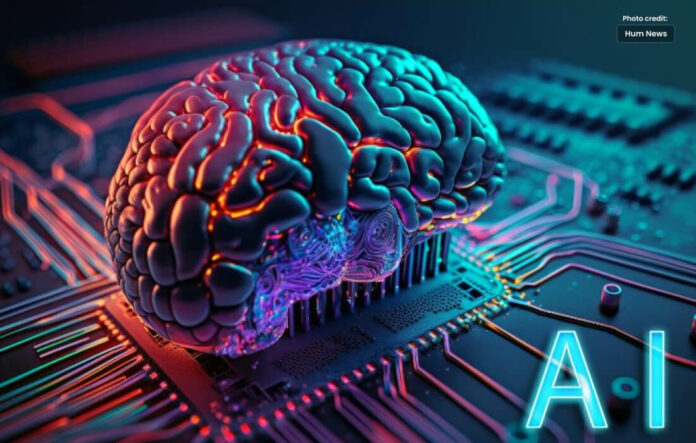AI predict mortality poses ethical dilemmas due to privacy concerns.
The idea that AI might be able to predict someone’s death presents a number of ethical, privacy, and technological boundaries issues.
We examine the potential benefits, drawbacks, and moral dilemmas related to the contentious field of mortality forecasting in this investigation.
The Promise of Life Expectancy Forecast
AI has advanced significantly across a range of industries, including healthcare and finance, by using enormous volumes of data to forecast and optimize results.
Researchers are delving deeper into the possibilities of artificial intelligence (AI) in the field of healthcare to forecast health outcomes, such as the probability of particular diseases and life expectancy.
Proponents contend that by enabling early intervention and individualized treatment regimens, death prediction might completely transform the healthcare industry.
In order to construct mortality prediction models, it is frequently necessary to examine a person’s medical history, genetic composition, lifestyle choices, and other relevant information.
This data can be processed by AI algorithms, which might then find correlations and patterns that might not be visible to human observers. This may result in more precise life expectancy estimates and possibly support preventive healthcare initiatives.
The Difficulties and Hazards
Although death prediction seems like a great idea, there are several difficulties and moral dilemmas with it. The uncertainty involved in projecting intricate and varied outcomes like human mortality is one of the main obstacles.
Anticipations can be greatly impacted by events like unanticipated medical discoveries, abrupt accidents, or changes in lifestyle.
Furthermore, the caliber and variety of the data utilized to train the models has a significant impact on how accurate AI forecasts are. Predictions that are incorrect or even harmful may result from biased or inadequate data.
Mortality prediction algorithms’ fairness and justice are called into question by the possibility of escalating already-existing social gaps in healthcare outcomes and access.
Moral Aspects to Take into Account
Beyond its technical difficulties, AI’s ability to forecast death has ethical ramifications. Basic concerns concerning consent, privacy, and the psychological effects on people come up. Concerns concerning the right to know vs the right not to know arise when one’s mortality is predicted.
The possibility for death projections to be abused creates moral conundrums. Employers, insurers, and other organizations might use this information to make decisions that have a negative impact on people’s lives.
Finding a fine balance between protecting human rights and privacy and utilizing AI to improve healthcare outcomes is a difficult task that needs careful thought.
The Path Ahead
The practical and ethical issues surrounding death prediction will grow in importance as AI develops. Collaboration between engineers, ethicists, policymakers, and the general public will be necessary to strike a balance between utilizing AI’s potential benefits in healthcare and defending individual rights.
Strong restrictions and openness in the creation and application of mortality prediction models will be essential to guaranteeing that the application of AI is consistent with ethical norms and social values.
It need public participation and ongoing discussion to responsibly negotiate the complexity of this contentious frontier.
Conclusion
It is both intriguing and scary to consider the possibility of AI predict death. The possible drawbacks and ethical issues cannot be disregarded, despite the allure of tailored treatment programs and better healthcare outcomes.
Given that we find ourselves at a crossroads in technological development, it is critical that we approach the creation and application of mortality prediction models with a clear understanding of the ethical issues at hand.
We cannot cross this contentious boundary without sacrificing the principles that guide our society; only careful thought, teamwork, and moral leadership will do so.
Also read this: Smart Home AI Agent has Emerged to Free Users from Housework Chores




